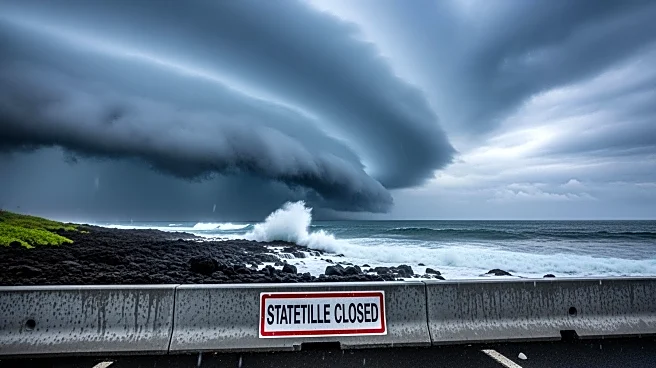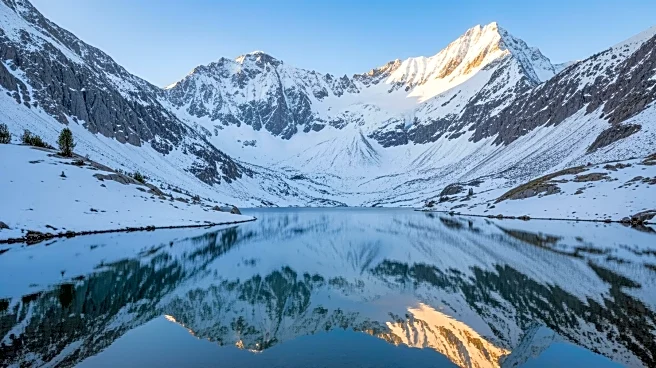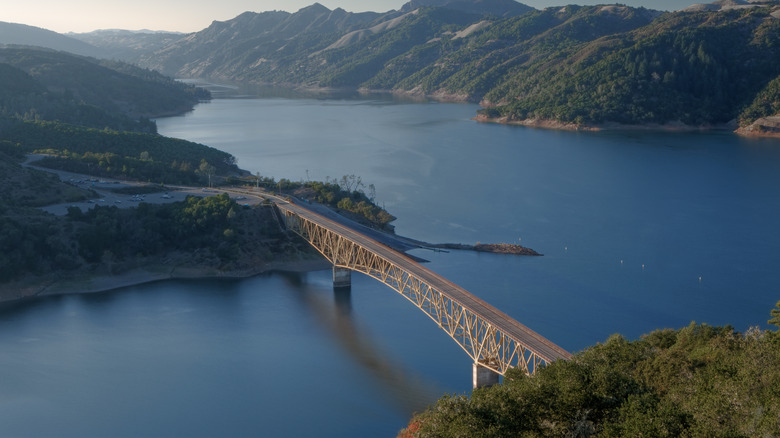
The mere mention of Sonoma County often conjures images of beautiful redwood trees, breathtaking river valleys, and charming wine towns that feel just like the Tuscan countryside. Yet within this storied
wine region lies a lesser-known treasure, Lake Sonoma, offering a tranquil contrast to the buzzing wineries.
Shaped like a winding tree branch amidst the coastal foothills, this shimmering lake escape welcomes visitors with hilltop hiking, refreshing swims and camping beneath a canopy of stars. Formed in 1983 by the construction of Warm Springs Dam, the lake boasts 50 miles of shoreline and 40 miles of trails suitable for hikers of all skill levels. The surrounding landscape is dotted with oak, madrone, and California bay trees, and is teeming with wildlife, including deer, woodpeckers, mountain lions, golden eagles, and even rare glimpses of peregrine falcons. Beneath the lake's blue-green surface, the biodiversity continues with its waters full of catfish, perch, bass, sunfish, and bluegill.
Hikers and campers can find Lake Sonoma in Western Sonoma County, just off Highway 101 near the Northern California cities of Healdsburg, Cloverdale, and Geyserville. The closest airport, Charles M. Schulz–Sonoma County (STS), services a handful of cities like Los Angeles, Portland and Dallas. San Francisco and Oakland's larger international airports reside between 102 miles and 95 miles south of the lake, respectively.
Read more: 12 Destinations And Attractions That Should Absolutely Be Considered Wonders Of The World
Explore The Panoramic Trails Of Lake Sonoma
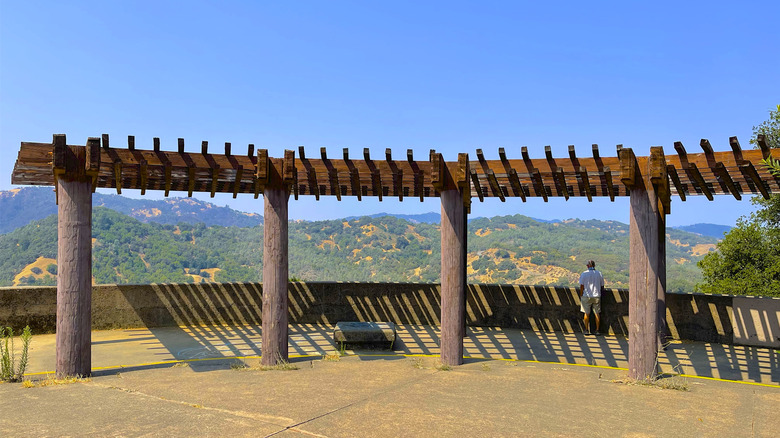
Lake Sonoma offers a diverse array of experiences, whether you're seeking a gentle lakeside stroll or an invigorating ascent to panoramic views. No matter your preference, there's a trail perfectly suited for you.
For those who crave a challenge, consider the 4.5-mile loop encompassing the Dry Creek, North Slope, and Bummer Trails. Alternatively, the slightly longer Fire Trail and Half-a-Canoe Loop beckons with streams and a small waterfall. Both of these hilltop hikes ascend between 800 and 1,000 feet, with sweeping views of Lake Sonoma from their elevated perches. For a gentler incline, the 5-mile Southlake to Quicksilver hike is considered one of the easiest and best for beginners. During the summer, this trail even provides an opportunity to go swimming at the Quicksilver Campground. While warmer temperatures provide more chances to swim, the winter is often called the secret season as the park explodes with color and waterfalls.
Day visitors will find picnic spots at both the Warm Springs Recreation Area, situated near the visitor center at the base of the dam, and the Yorty Creek Recreation Area, accessible by car from the city of Cloverdale. Warm Springs provides free, single-table picnic sites, along with group areas that can be reserved and rented for $50 to $75 each. Yorty Creek, meanwhile, offers free sheltered picnic areas, a swim beach and a boat ramp.
Camp And Stargaze At Lake Sonoma
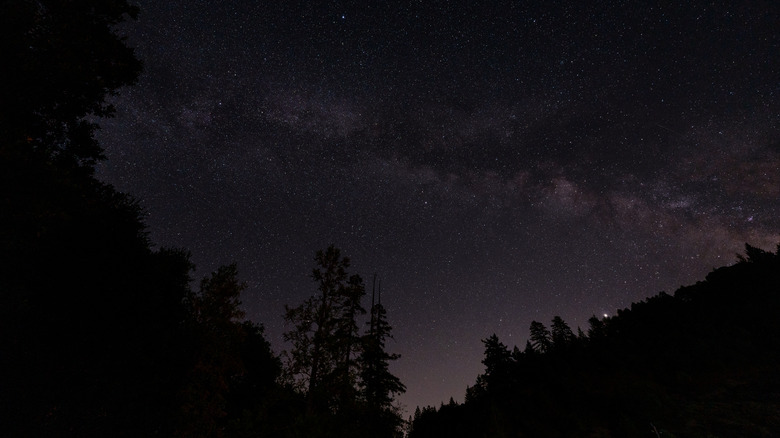
After a day packed with outdoor activities, overnight campers at Lake Sonoma can view the setting sun painting the sky in fiery oranges and soft purples. The night sky becomes a dazzling spectacle of stars and constellations. The lake does not have a Dark Sky designation, but with minimal light pollution from San Francisco, only the burning embers of your campfire truly compete with the celestial canvas stretched across the night sky. For those who don't plan to camp overnight, recommended stargazing locations include the parking lot for Lone Rock, Group Site E at Liberty Glen Campground, and along the shoreline at the reservoir.
Regarding access, day-use passes, which were once complimentary, now cost $7 for most visitors as of spring 2025. For overnight stays, the lake features two group and 106 primitive campsites that include boat-in and hike-in locations (no cars) throughout the park in places like Black Mountain, Old Sawmill and Island View Group Camp. The term "primitive" refers to more remote areas without bathrooms, trash cans, and other amenities, so bring a tent and sleeping bag and be sure to remove any trash that accumulates during your stay. The drive-in Liberty Glen Campground, which requires advance reservations, accommodates RVs and tent campers but does not offer electrical and water hook-ups. Group site reservations can be made up to a year in advance, while standard sites can be reserved up to six months prior. Camping costs include $25 for an individual site, $50 for a double and $100 for a group, and free entrance is available for those with an Interagency Pass, better known as the America the Beautiful pass that allows you access to over 2,000 national and state park sites.
Ready to discover more hidden gems and expert travel tips? Subscribe to our free newsletter for access to the world's best-kept travel secrets.
Read the original article on Islands.


